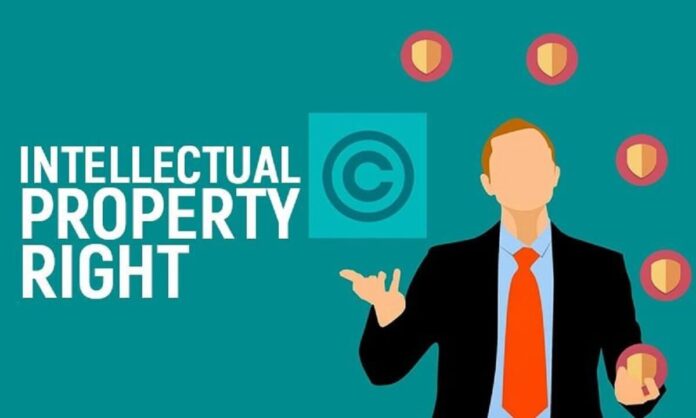Protecting intellectual property has become necessary with the ease of accessing and sharing information. Start-ups and large corporations can use virtual data rooms to safeguard their intellectual property from online theft and duplication. Here are a few things to know about intellectual property protection:
What Is Intellectual Property?
Intellectual property is the intangible asset of an individual or company resulting from original ideas. These original and sensitive ideas may include:
- Inventions
- Business and product names
- Online programs or courses
- Designs and artwork
A company’s intellectual property assets may be more valuable than its physical assets. This is because the IP may be the product of many years of research involving a significant amount of money. The law safeguards intellectual property, so nobody else can use it without the owner’s consent.
Read Also: How Can I Lower My Property Tax?
Why Do You Need to Secure IP?
As with any data breach, intellectual property theft can harm any business. In most cases, the company will never recover the losses fully. The information will already be out there, even if the offenders are punished for theft.
IP breaches may come from various external and internal sources with varying motives. Implementing best practices and security standards may help prevent unauthorized IP access and usage.
What Steps Can You Take To Secure IP?
You must protect intellectual property right from the early stages of development through to full maturity. Here are four steps to securing your intellectual property from the prying eyes of others:
1. Maintain Secrecy
Avoid discussing your intellectual property with others unless they have signed a nondisclosure agreement. Do not promote your concept publicly before registering it. Some people may disguise themselves as potential investors only to steal your ideas.
Secure both your physical and digital documentation. Lock the areas where you keep sensitive data and control access to the keys. Use passwords and encryptions to limit employee access to crucial databases.
2. Record the Process
Keep records of the development process of your intellectual property. These records could include the following details:
- Detailed plans
- Descriptions
- Drawings
These records show that you developed and worked on intellectual property. If your IP ownership is contested, you can provide these as evidence. Always have dates on each record to help validate your claim.
3. Register the IP
File for intellectual property protection once you have all the details. Intellectual property could fall under one of the following:
- Trademarks
- Patents
- Copyrights
- Trade secrets
Work with a lawyer to identify and register all your IP assets. Take note of every aspect of your intellectual property to set it apart from any prospective competing concepts.
4. Invest in Protection Tools
There is software available for tracking documents and other IP stores. A virtual deal room is an excellent example of these solutions. You can track who can access the documents and how they use them.
Investing in the right tools for storage and sharing now may benefit your company as you develop and profit from your IP. It may help protect what is legally yours if any problems emerge later.
How Do Virtual Data Rooms Help?
One of the most significant assets of your company is its intellectual property, which needs to be actively protected and kept confidential. Virtual data rooms offer secure online storage for sensitive company information.
A data room can help you secure your documents at every stage because it allows you to do the following:
- Organize and store all your IP documents in one location
- Limit access to the data room to specified individuals
- Control what users can do with the information
- Invite guests to view the documents when needed
- Record all your activities on each document
- Track what other users do with each file
- Watermark documents
With all these features, you can share your documents with potential investors without worrying about security issues. If they steal your intellectual property, you can have enough evidence to prove you are the original owner. You can provide dates, show conversations, and save other relevant information in the data room.
Try a Virtual Data Room for Document Security
VDRs are less prone to hackers than other cloud storage options because they have advanced security features. Don’t leave yourself vulnerable to IP theft and related cybercrimes. Find a virtual data room to manage and secure your IP data right from the start.



